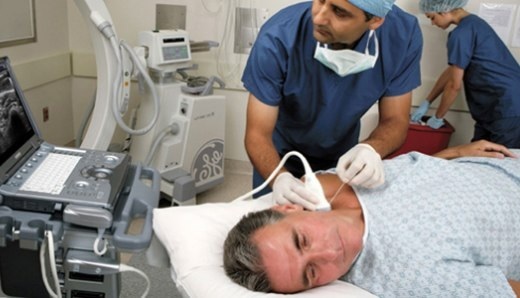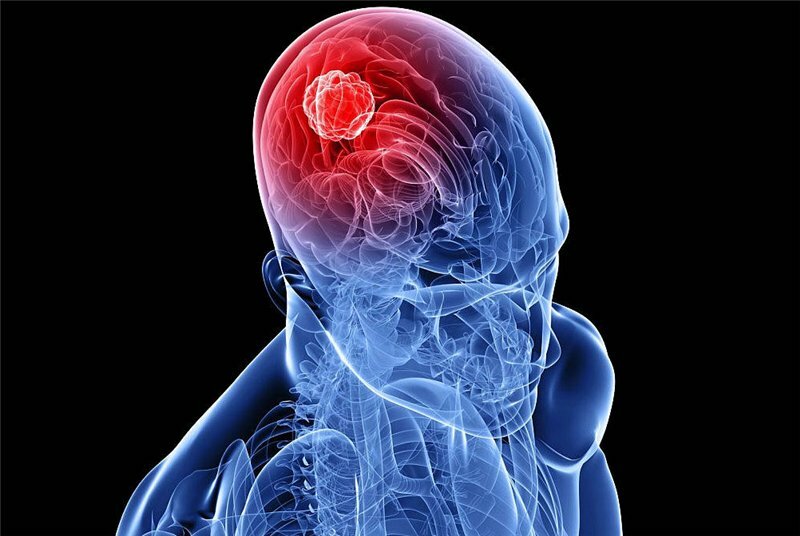Symptoms of hypertensive encephalopathy of the brain
Contents:
- What is hypertensive encephalopathy
- Clinical diagnosis of the disease
- How is hypertensive encephalopathy manifested
- Prognosis and consequences of the disease
Hypertensive encephalopathy can overtake at any age, so at the first symptoms it is necessary to undergo an emergency diagnosis, as this disease can lead to irretrievableConsequences that can not be corrected even by expensive treatment.
Hypertensive encephalopathy is a disease of the brain, which leads to disturbances in its work. As a rule, this disease is caused by constant increased pressure, or it is easier to say hypertension. 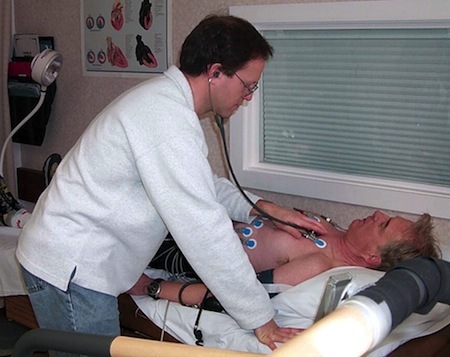
What is hypertensive encephalopathy
Hypertonic encephalopathy belongs to the form of vascular encephalopathies, as the vessel develops when the vessel is malfunctioning, as a result of which chronic blood flow disorders occur in the brain. To the same group belong:
- atherosclerotic encephalopathy, caused by the development of atherosclerosis;
- venous encephalopathy is caused by changes in venous outflow in the brain.
Important! It is necessary to constantly ensure that blood pressure is within normal limits, because even a slight increase in pressure for a long period can contribute to the development of encephalopathy.
If hypertensive encephalopathy is not treated in a timely manner, its acute form arises. Acute hypertensive encephalopathy is often caused by a sharp rise in pressure or a chronic form of hypertension with the already existing symptoms of encephalopathy. The development of this disease can trigger lung function abnormalities, brain hypoxia, circulatory disorders of the heart tissues, and a sharp pressure jump in kidney disease or during surgery.
Clinical diagnosis of the disease
Most often, the onset of encephalopathy is promoted by hypoxia of the brain, which arises due to poor blood supply, edema, toxins, and as a result, there is a disruption in the processes of brain metabolism. Encephalopathy also leads to morphological and degenerative changes in the brain, its atrophy, microhemorrhagia, lesions of gray or white medulla, and swelling of the meninges. 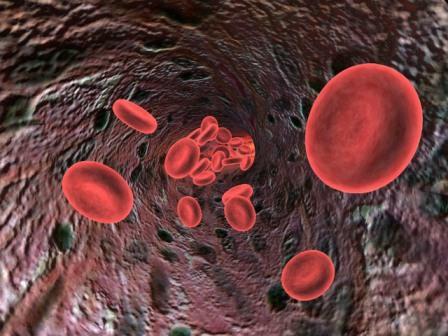
If you do not interfere with the development of hypertensive encephalopathy, it acquires an acute form with symptoms, including loss of consciousness or coma, epileptic seizures. When conducting a diagnosis of MRI of the head on suspicion of acute hypertensive encephalopathy, the following abnormalities may appear:
- cerebral edema and optic discs;
- hemorrhage in the retina of the eye;
- hemorrhage in the brain.
To prevent acute forms, you need to know the signs by which you can determine the onset of the disease.
How is hypertensive encephalopathy manifested
Symptoms of hypertensive encephalopathy are as follows:
- tinnitus, a headache that can be localized in a specific area of the head;
- decreased attention and memory impairment;
- anxiety, dizziness, loss of sense of space;
- fatigue, weakness, possible loss of consciousness at very high pressure;
- nausea and vomiting;
- hearing and vision disorders;
- convulsions.
With high blood pressure for several hours, hypertensive encephalopathy may develop, which has all of the above symptoms. Neurological disorders can also develop, in the form of hallucinations, unreasonable laughter or fear, a decrease in mental activity, slowing down the movement of the arms and legs, loss of consciousness or coma. Due to tissue necrosis, some systems of the body may be stopped. But if treatment of hypertensive encephalopathy starts on time, then it will be possible to avoid irreversible consequences. 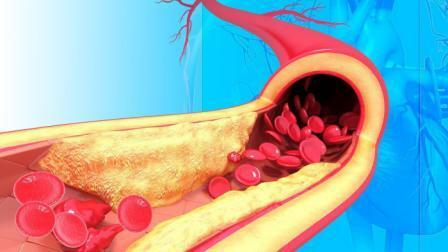
Important! In elderly people, due to hypertension, Parkinson's disease and epileptic seizures often occur.
Often, without the diagnosis it is very difficult to determine the type of encephalopathy, since the manifestations of all types of vascular encephalopathies are very similar. So venous encephalopathy and cerebral ischemia have almost identical symptoms: severe headache, dizziness, sluggishness of the body, insomnia, pronounced apathy, convulsions, to all this is added a strong cough( down to loss of consciousness), which is accompanied by a pressing pain in the head. Treatment of venous encephalopathy should begin immediately, as small focal brain lesions can lead to paralysis, Alzheimer's disease and various mental disorders.
Prognosis and consequences of the disease
When you go to the hospital with the first symptoms of the disease and timely treatment, you can avoid irreversible brain damage, as well as severe consequences in the form of paralysis, coma, and possibly death in the case of an acute form of the disease.
Treatment of hypertensive encephalopathy must begin with the elimination of factors of its development. Basically, with timely access for help, and a mild degree of brain damage, it is possible to stabilize the patient's condition without further deterioration of well-being.
write the question in the form below:

